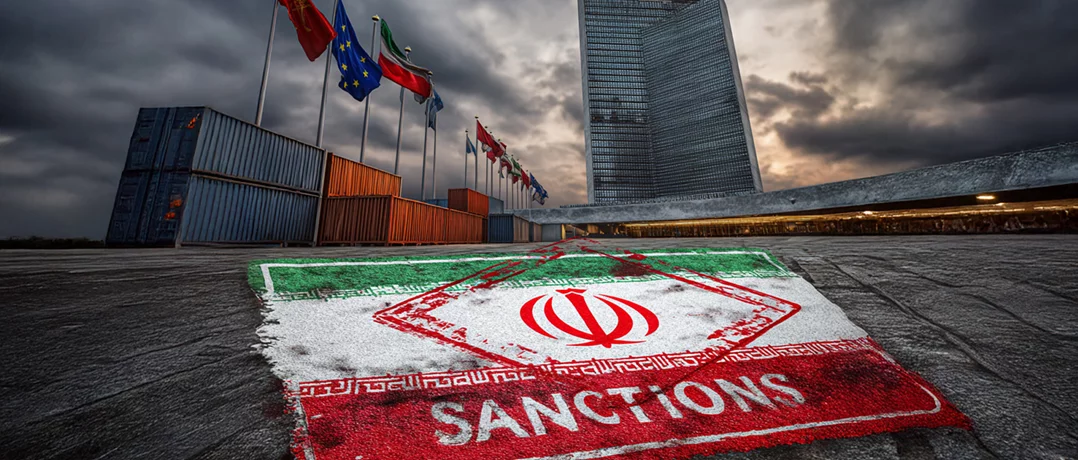UN sanctions return on Iran this weekend after Europe triggered the snapback, marking the nuclear deal’s collapse.
Snapback sanctions on Iran set to return this weekend
Snapback sanctions on Iran set to return this weekend


Iran faces the reimposition of United Nations “snapback” sanctions this weekend, after European powers voted to restore measures suspended under the 2015 nuclear deal a stark sign of the accord’s collapse.
On August 28, France, Germany, and the United Kingdom the E3 triggered the snapback mechanism under U.N. Security Council Resolution 2231. This provision allows JCPOA participants to reinstate sanctions if Iran is found in breach of its commitments. The Council had 30 days to block the move: a vote on September 19 failed, paving the way for sanctions to resume Saturday.
When the Joint Comprehensive Plan of Action (JCPOA) was first signed in 2015, Iran received sweeping relief from international sanctions in exchange for limits on its nuclear program. The agreement freed up billions in frozen assets, reopened oil exports, and attracted renewed foreign investment, offering Tehran both economic breathing room and a political victory.
That relief is now set to unravel. The E3 argue Iran violated the deal by expanding its nuclear program and obstructing full inspections by the International Atomic Energy Agency (IAEA), particularly after heightened regional tensions, including Israeli strikes on Iranian territory in June. With the October 18 deadline approaching, the Europeans said allowing the mechanism to lapse would have left Iran’s violations unchecked.
The reimposed sanctions include an arms embargo, a ban on nuclear-related trade, asset freezes targeting dozens of individuals and companies, and restrictions on Iranian banking and shipping.
Tehran has rejected Europe’s move as illegitimate. Officials contend that the E3 forfeited their standing in the JCPOA by failing to deliver promised economic relief after the U.S. withdrawal in 2018 and by siding against Iran in recent conflicts. Iranian leaders have warned of “decisive responses,” including reducing cooperation with the IAEA or accelerating uranium enrichment. Some hardliners have even floated leaving the Nuclear Non-Proliferation Treaty altogether a move requiring three months’ notice.
Russia and China, staunch allies of Iran, oppose the snapback and may attempt to delay implementation by blocking U.N. monitoring committees. Still, the sanctions themselves are expected to take effect regardless. European diplomats had offered Tehran a six-month reprieve if it restored IAEA access, accounted for enriched uranium stockpiles, and resumed talks with Washington. Iran rejected the offer outright.
For Tehran, the return of sanctions risks erasing a decade of fragile economic gains and deepening the country’s political isolation an outcome that may further escalate tensions both at home and across the region.


